Importance of Radio Communication on Ships
In the vast expanse of the open sea, where swift communication can be a matter of safety and operational efficiency, the reliability of radio communication on commercial vessels is paramount. In this article, we’ll explore essential tips for optimizing radio range and signal strength, ensuring seamless and effective communication for commercial vessels navigating the unpredictable waters.
Understanding Radio Frequency Basics
To optimize radio range and signal strength, it’s crucial to comprehend the basics of radio frequency (RF). Different frequencies behave differently in maritime environments, affected by factors such as weather conditions and the surrounding topography. Familiarize yourself with the frequency bands allocated for maritime communication and understand how they may be influenced by atmospheric conditions. This foundational knowledge forms the basis for implementing effective strategies to enhance radio communication.
Choosing the Right Antenna Placement
The placement of your antennas plays a pivotal role in maximizing radio range and signal strength. Ensure that antennas are mounted as high as possible and free from obstructions. Elevated antennas have a clearer line of sight, minimizing potential obstacles that could impede signal transmission. Additionally, antennas should be positioned away from other electronic equipment and metallic structures to prevent interference. Strategic antenna placement is a fundamental step in optimizing communication capabilities on commercial vessels.
Minimizing Signal Interference
Signal interference can significantly impact radio communication on ships. Identify and minimize sources of interference, such as electronic devices, onboard machinery, or nearby vessels transmitting on the same frequency. Insulate wiring to reduce electromagnetic interference, and regularly inspect and maintain equipment to prevent malfunctions that could contribute to signal degradation. By actively minimizing interference sources, you enhance the clarity and reliability of your radio communications.
Proper Maintenance of Radio Equipment
Regular maintenance is the cornerstone of optimal radio performance. Conduct routine inspections to check for loose connections, damaged cables, or corrosion on antennas. Ensure that all components are securely fastened and functioning correctly. Clean and inspect the radio equipment for any signs of wear or water damage. Consistent maintenance not only prevents unexpected failures but also contributes to the longevity and reliability of your communication systems.
Utilizing Signal Boosters and Repeaters
In areas where radio signals may struggle to reach, consider implementing signal boosters or repeaters. Signal boosters amplify weak signals, extending the effective range of your communication. Repeaters receive and retransmit signals, bridging gaps in coverage. While these devices can be valuable in enhancing communication capabilities, it’s essential to choose reputable and marine-grade equipment to ensure durability and reliability in challenging maritime conditions.
Conducting Regular Range Testing
Regular range testing is a proactive approach to assess and optimize radio performance. Conduct tests in various weather conditions and geographic locations to evaluate the reach and clarity of your signals. This practice not only helps identify potential issues but also allows you to adjust settings or upgrade equipment based on real-world performance. Incorporate range testing into your routine maintenance schedule to continuously optimize radio range and signal strength.
Ensuring Reliable Communication at Sea
In the dynamic and ever-changing environment of the open sea, reliable communication is the bedrock of maritime safety and efficiency. By understanding radio frequency basics, choosing optimal antenna placement, minimizing interference, conducting proper maintenance, utilizing signal boosters, and regularly testing radio range, commercial vessels can enhance their communication capabilities. These proactive measures not only contribute to the safety of the crew and the vessel but also ensure that communication remains robust in the face of the unpredictable challenges posed by the open waters. Prioritizing these tips will undoubtedly optimize radio range and signal strength, fostering effective communication for commercial vessels on every journey.

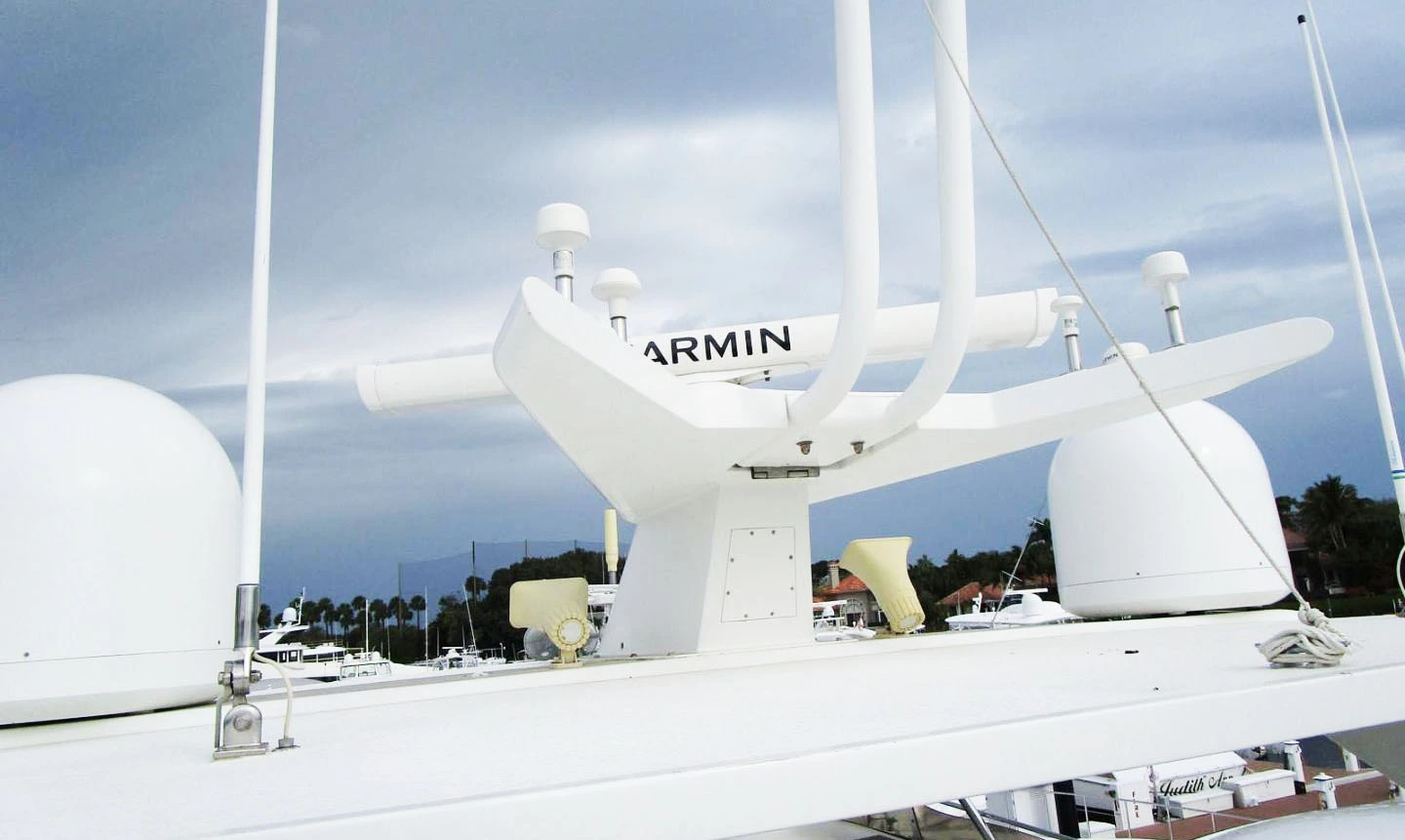
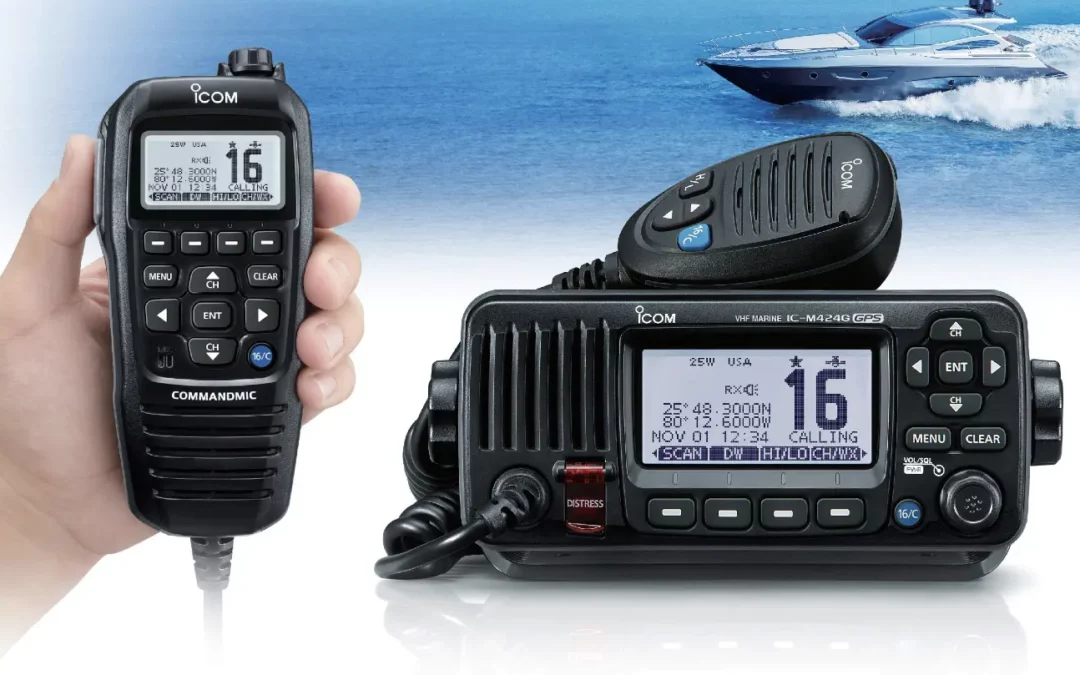

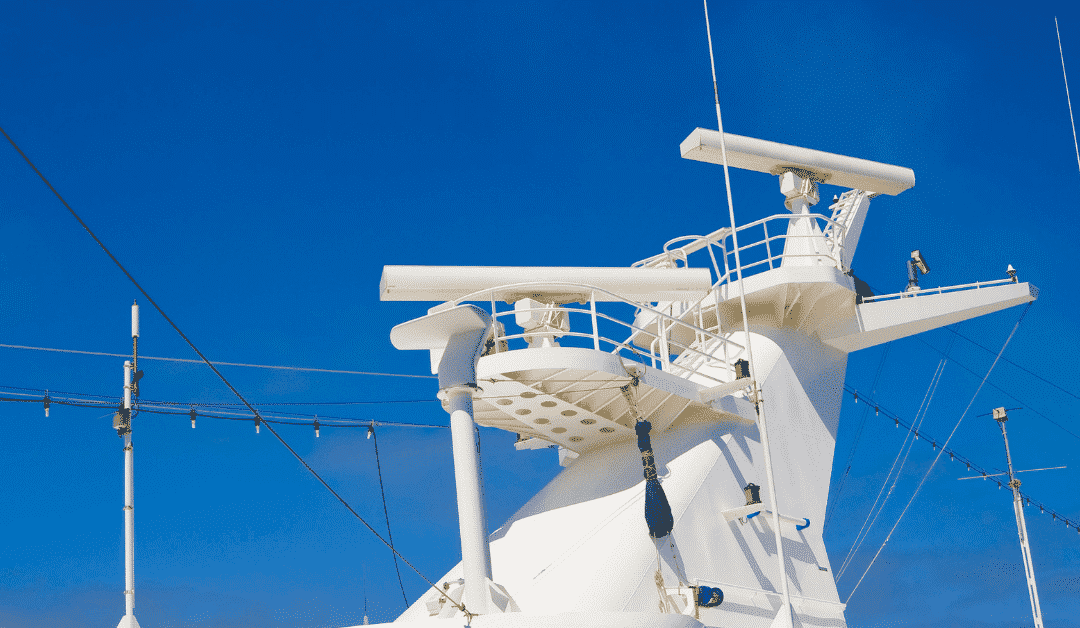
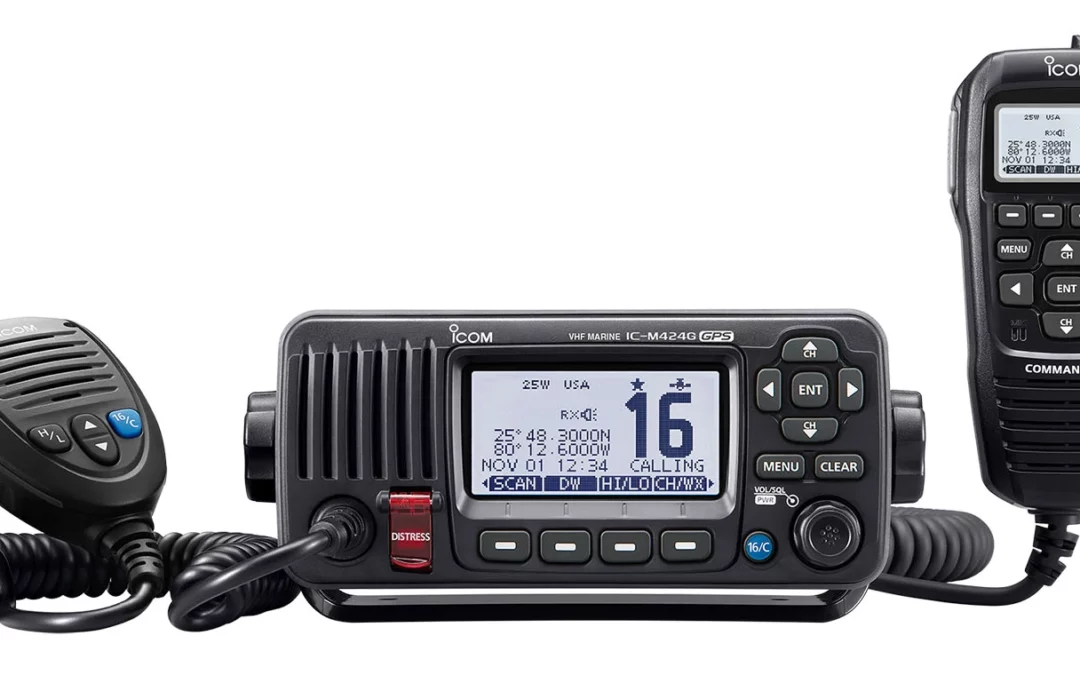
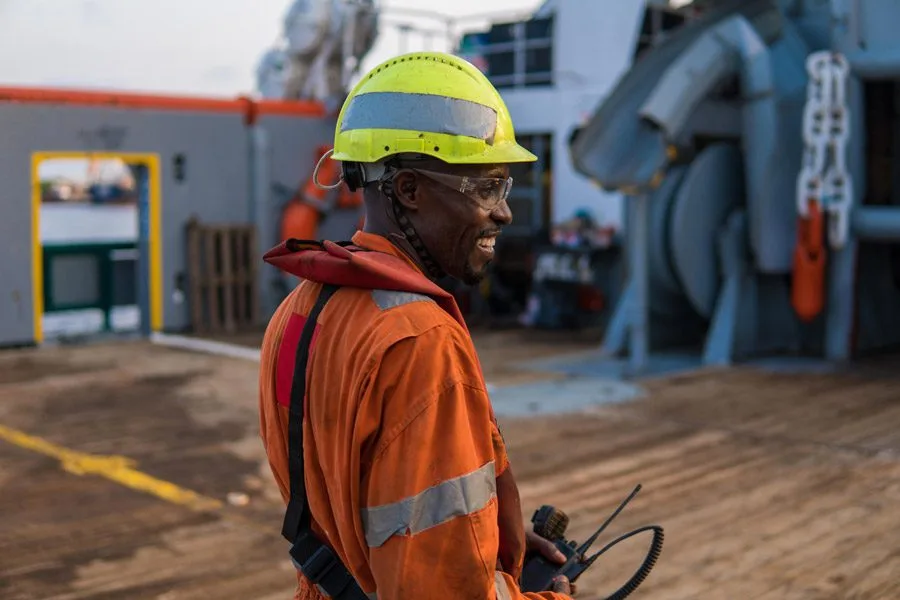
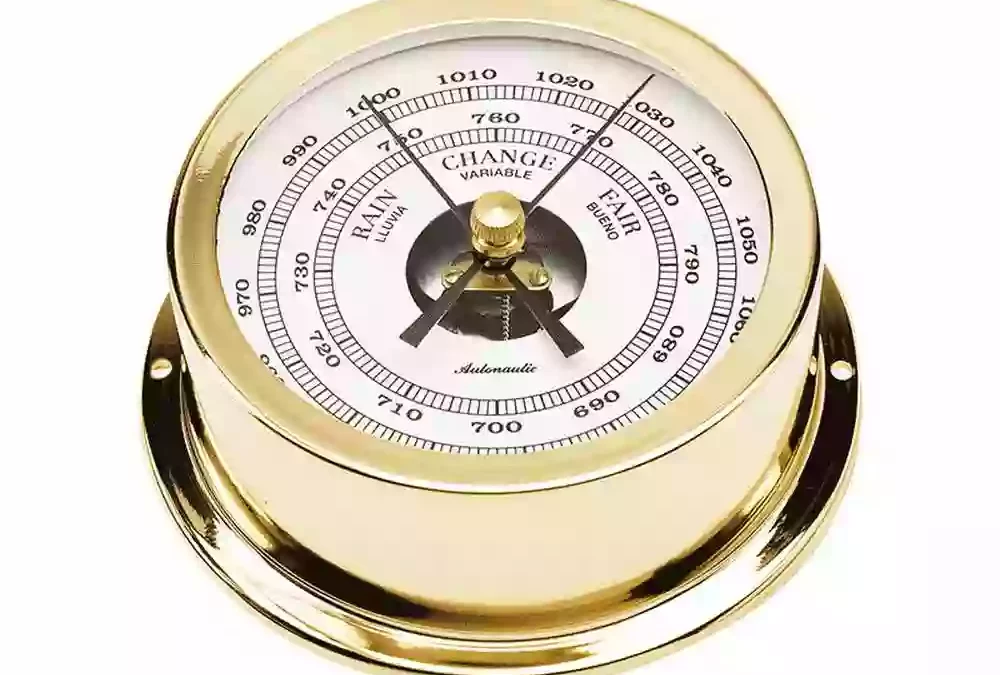
0 Comments